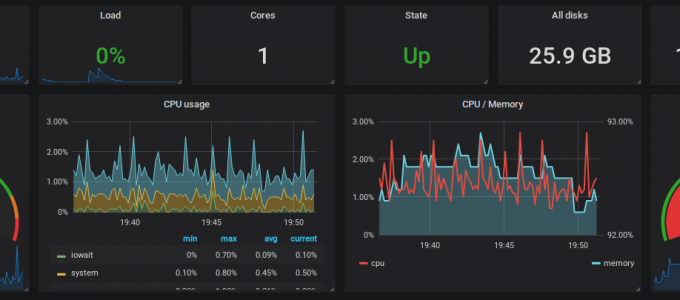Akadake (often romanized as Mt Aka) is part of Yatsugatake, it’s highest peak actually. The range is known for being “active” all year round. Other mountains get inaccessible and deserted as winter starts: buses stop running, mountain huts close until spring and so on.

The Yatsugatake range has lots of ski resorts and it’s a friendly place for people like me who want to try climbing in snow. I’ve had a weekend’s fun in Tateshina already (which is the northern neighbor of Yatsugatake actually), so now I decided to jump into the deep water (snow) and go for Mt Aka. I didn’t expect the difficulty I faced.







